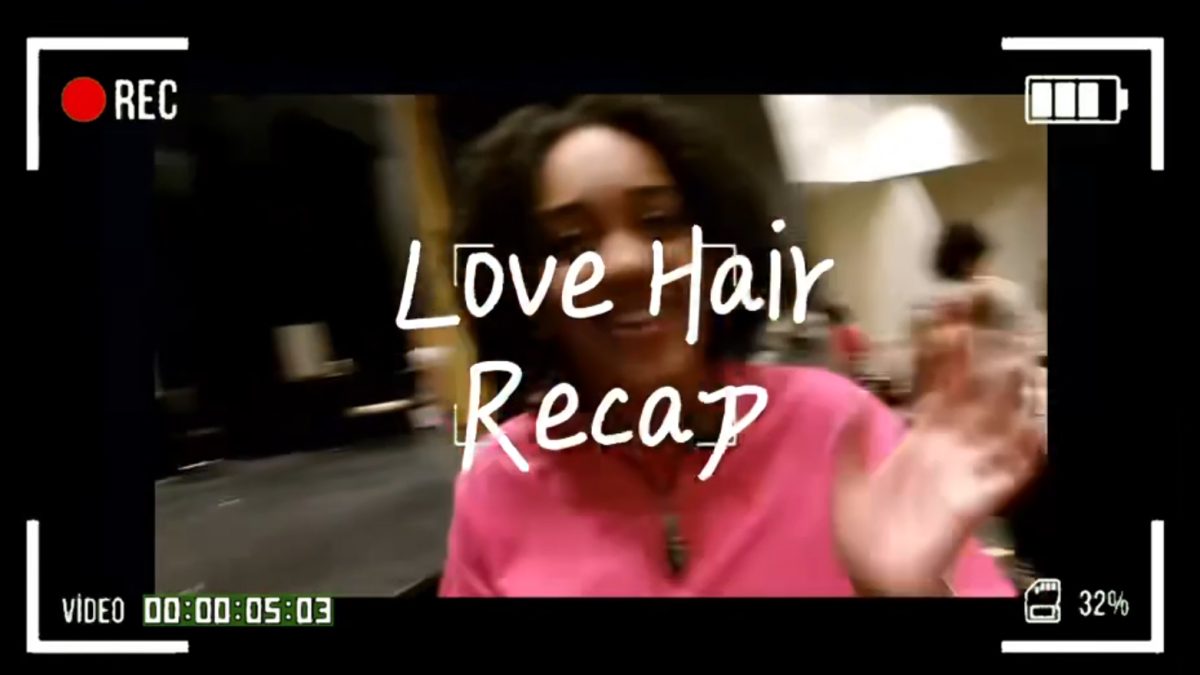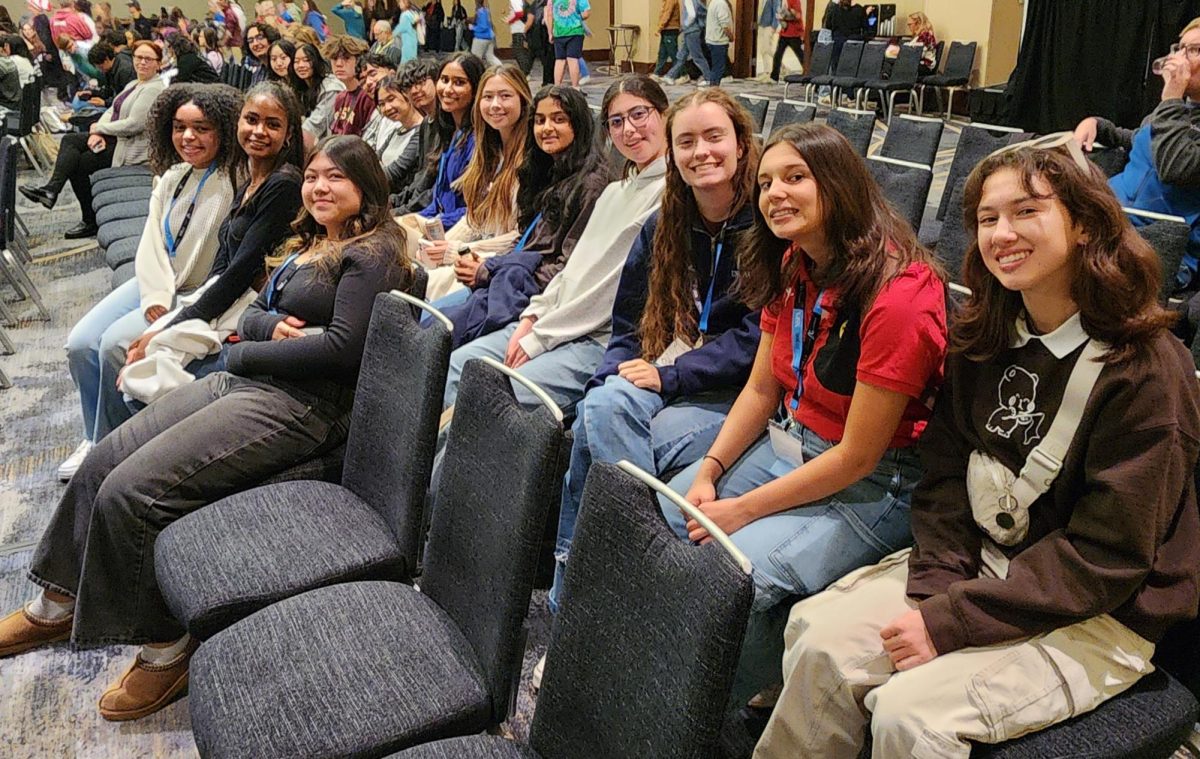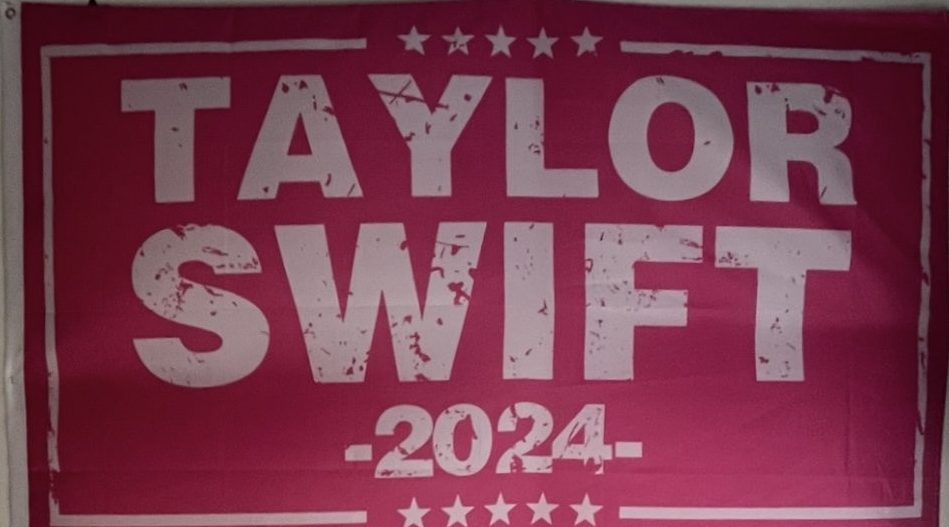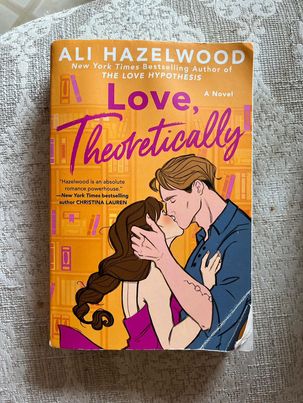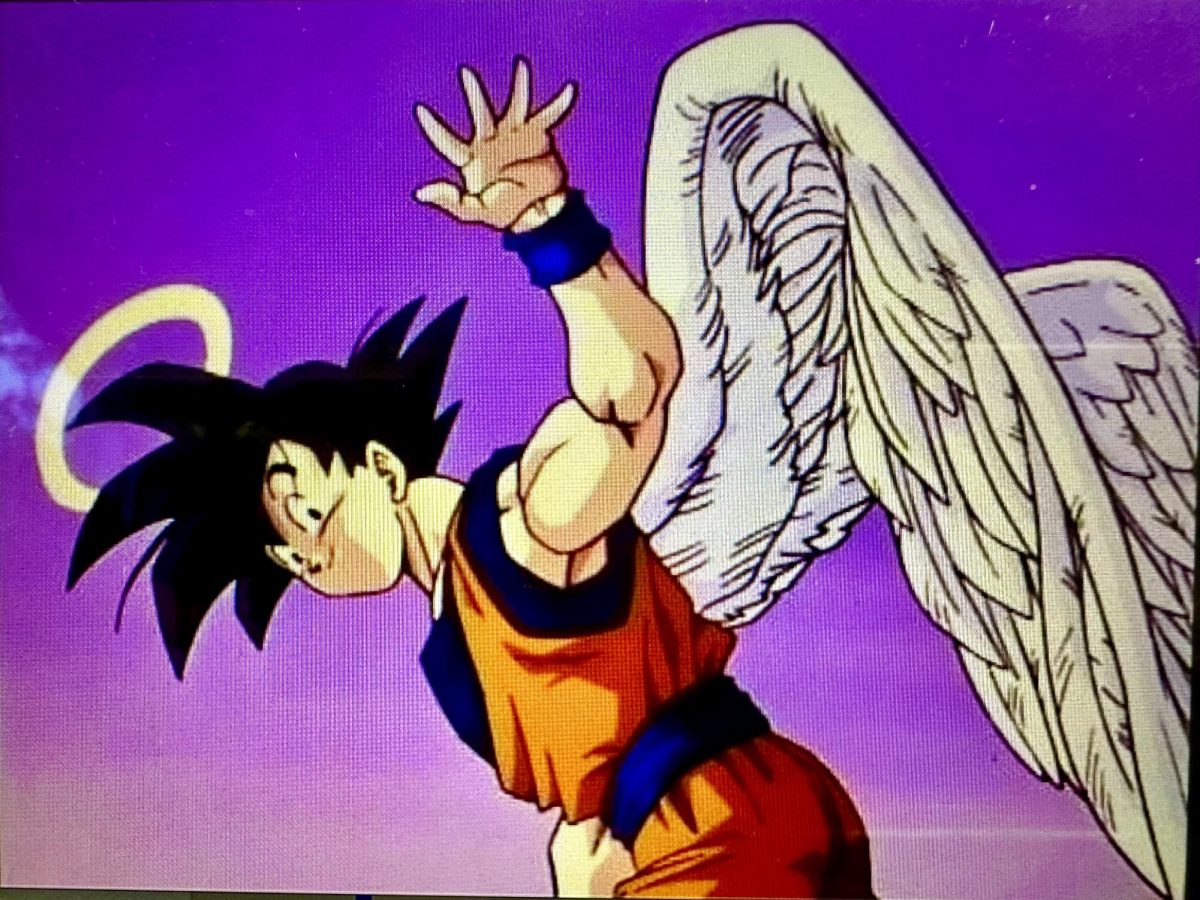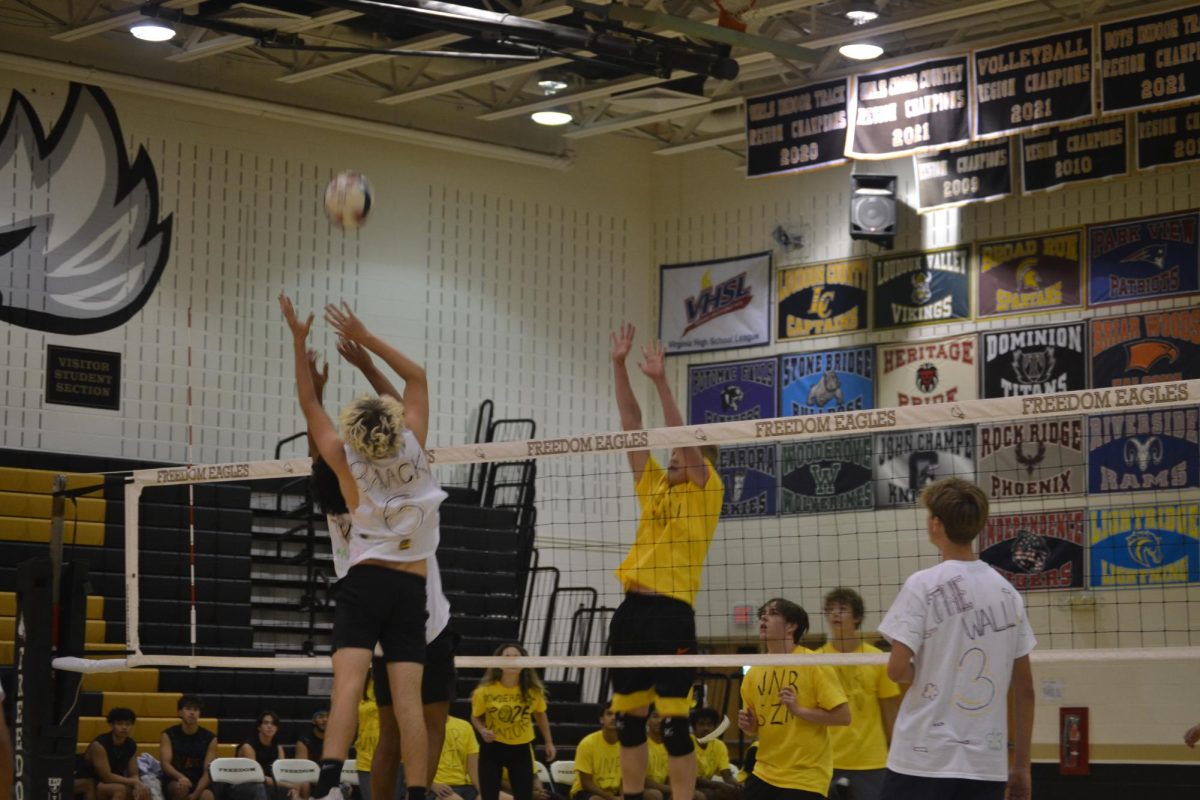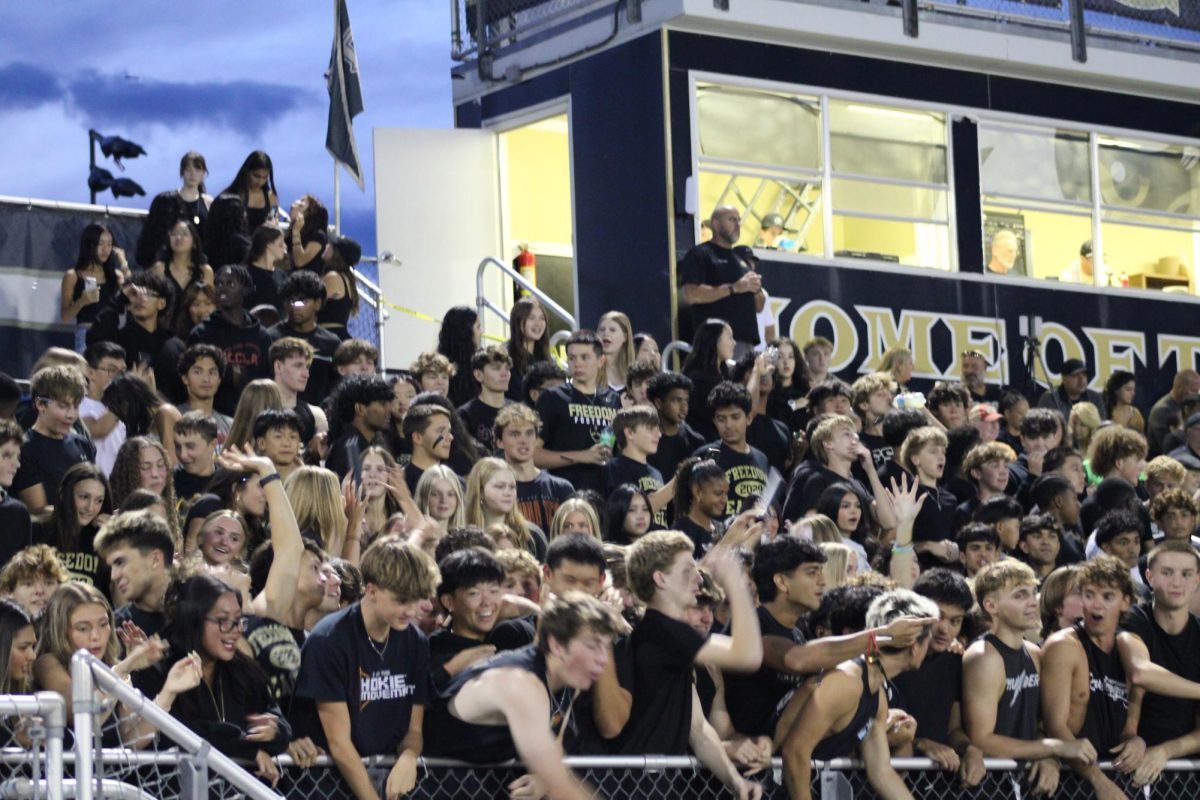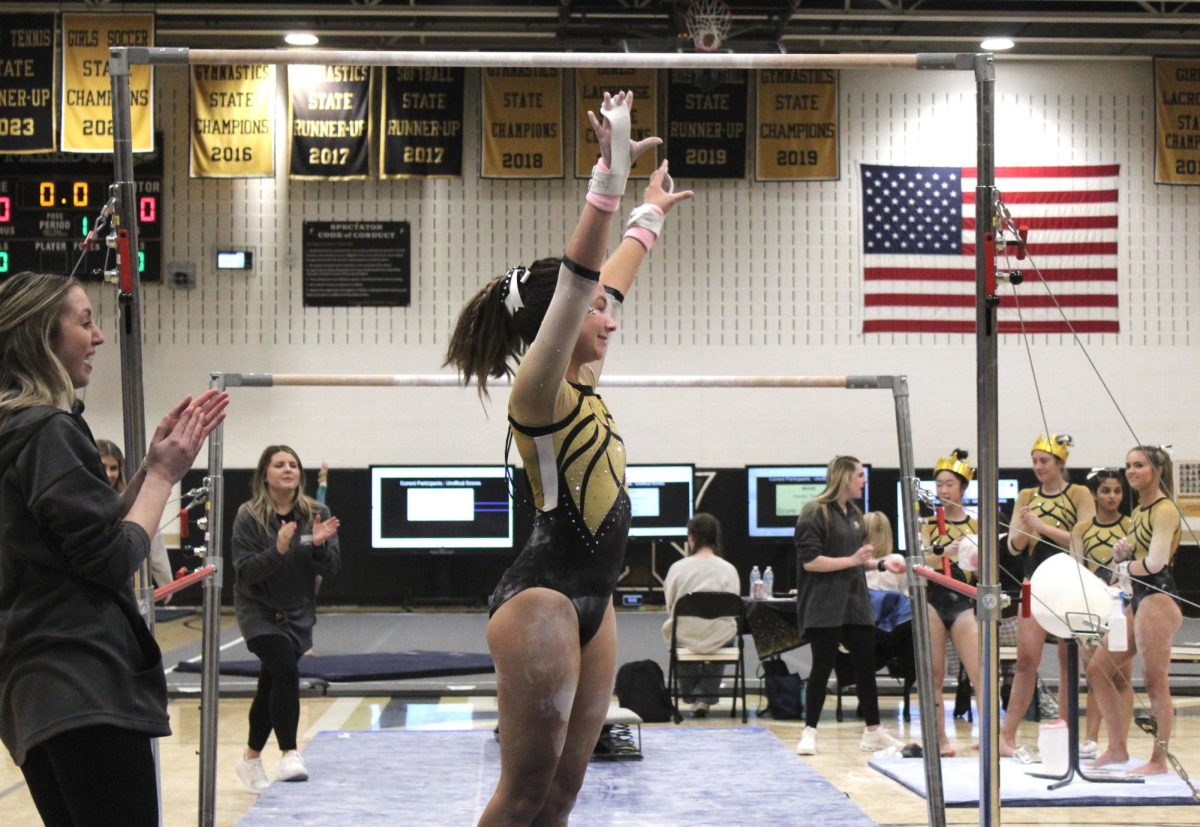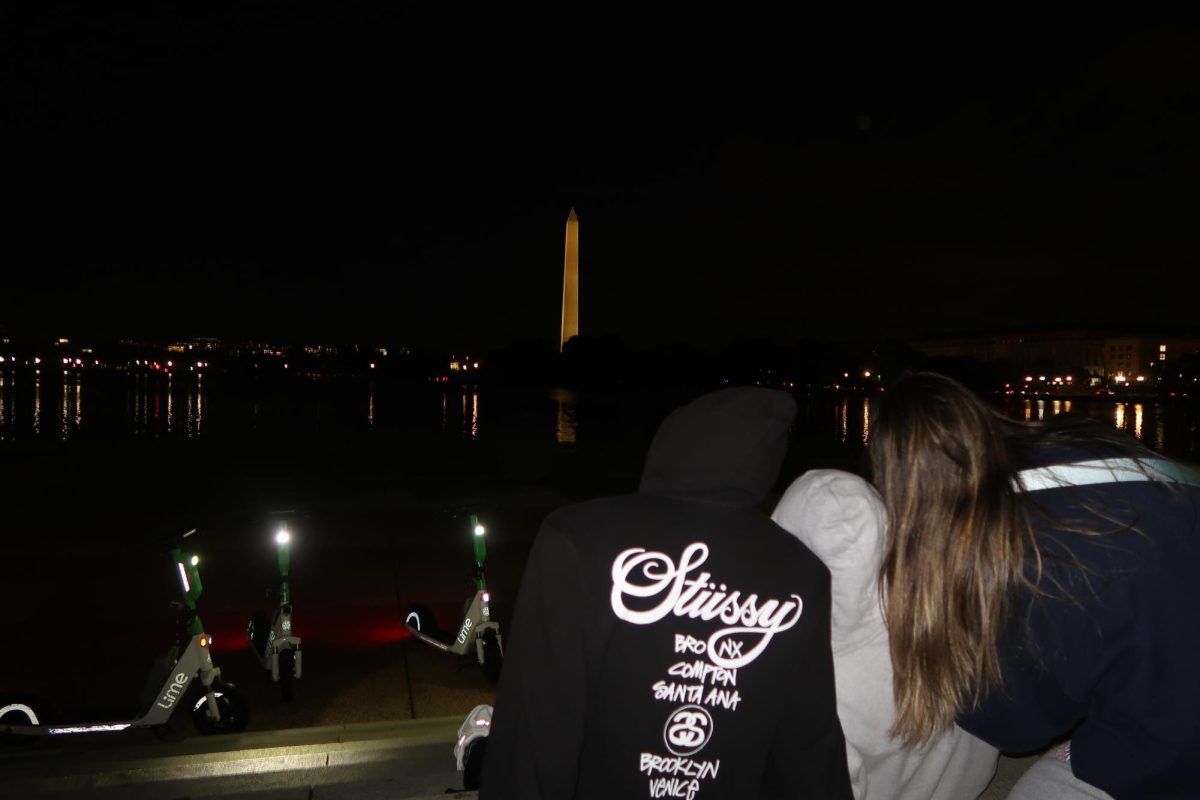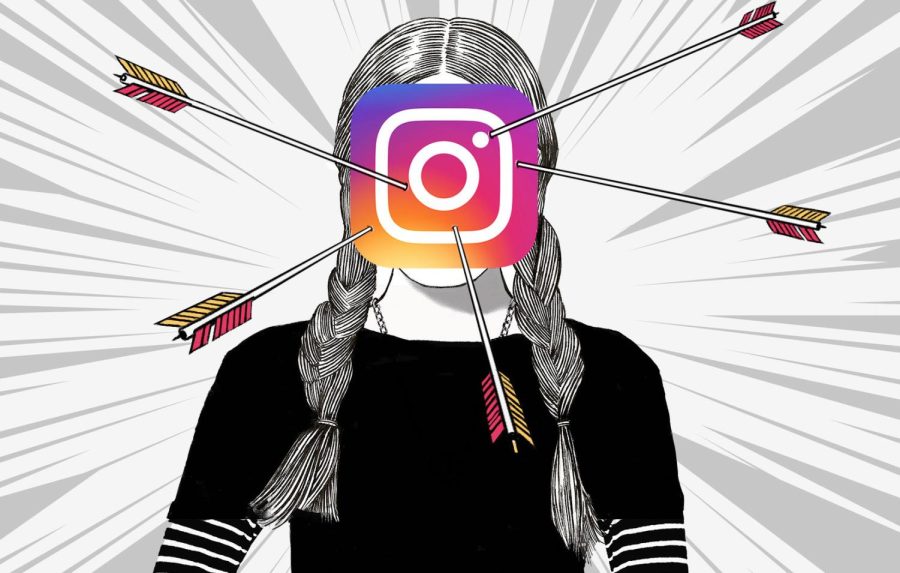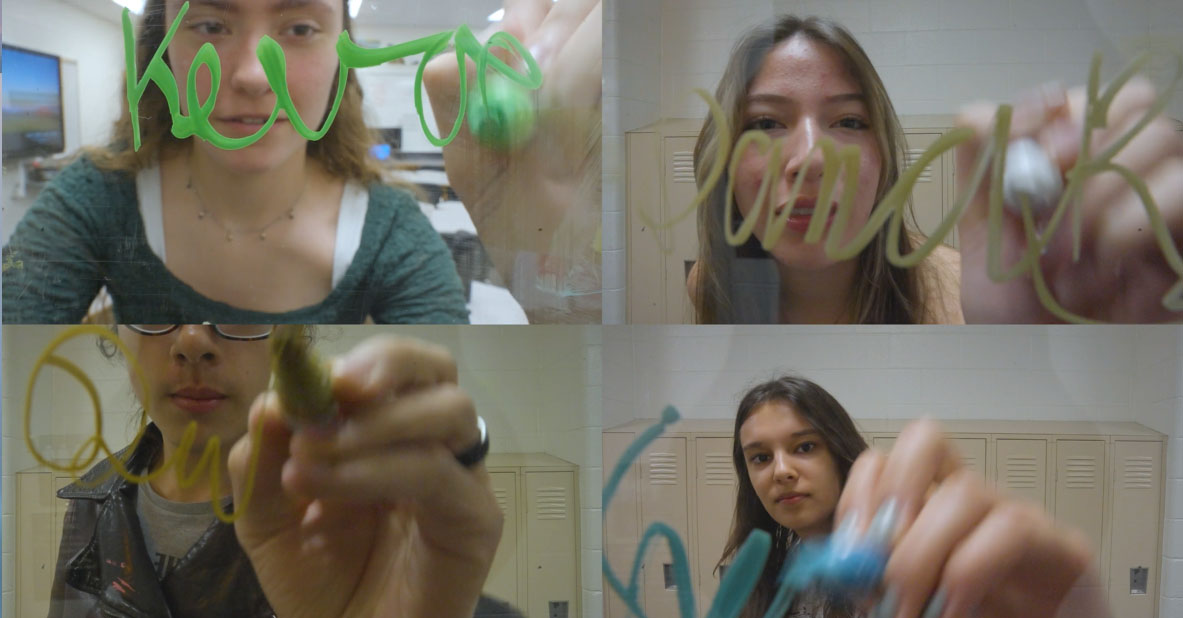Cancel Culture Destroying Society?
June 10, 2022
Everyone living in the 21st century knows what Cancel Culture is, or have likely heard of it.
Cancel Culture, as defined by Google, is a “contemporary phrase used to refer to a form of ostracism in which someone is thrust out of social or professional circles – whether it be online, on social media, or in person.”
Those who are subject to this form of ostracism are said to have been “canceled.”
There are celebrities, influencers, and YouTubers alike getting canceled online day in and day out. Some lives get ruined after being cast off, others not. There are many different opinions about the controversial subject.
“Cancel culture is people trying to de-platform a celebrity or influencer due to what they’ve done in the past or present,” said sophomore Ethan Duong.
Nowadays canceling someone has been the go-to method for giving what the public call accountability to others.
“It’s [mainly] canceling popular people,” said sophomore Febronia Farowez.
However, there are a lot of negative opinions about this cultural phenomenon.
“While cancel culture can be a good thing if the person in question is actually problematic, I feel like most of the time it’s very unnecessary,” Duong said.
When simply giving accountability turns to bullying, hate speech, and harassment, that’s when things take a turn for the worse.
“Canceling someone can be harmful,” Duong said. “Especially if the person being canceled did nothing wrong. In fact some people cancel others just for fun.”
It can also be quite useless when it comes to the grand scheme of things.
“On one hand canceling something gets rid of their platform,” Farowez said. “But it doesn’t really stop them from doing what they did [to get canceled] in the first place.”
When celebrities rise to stardom, a common tactic of haters is to look through old social media posts or tweets to try to find anything offensive the person might have said to try to ruin their reputation.
“While some things in a person’s past should be addressed, it isn’t any of your business to look into people’s old tweets to find a reason to cancel them,” Duong said.
“It’s [looking through old tweets] just weird and creepy,” Farowez said.
Sometimes people can also get ostracized when putting their opinions out in terms of politics, or how the government is.
“Political views usually don’t impact my opinion on a celebrity as a person,” Duong said.
Depending on how severe their opinion is, and how that can influence their fanbase to mimic them, some people use that as a reason to shun them.
“It depends on the political view,” Farowez said.
However, if so many people are against cancel culture, what should people do instead if they see their favorite celeb say or do something they think is wrong?
“I feel like people should stay out of a person being problematic and instead let them deal with it on their own,” Duong said.
Often times the best solution is simply to not give the person causing trouble any attention that could fuel their ego and lead them to continue doing what they do.
“If they’ve done something really bad like hurt someone then report them to the police so they can deal with it,” Farowez said.
Will cancel culture ever stop? There’s an unlikely possibility. The rise of the internet has changed the world in various ways that were never thought possible before. Misinformation is at one’s fingertips.
Perhaps in the future people will instead turn towards a more productive mindset of handling celebrities and influencers.




